Library of Congress Cataloging-in-Publication Data
Names: Barnes, Andrew William, 1963 author.
Title: The dark eclipse : reflections on suicide and absence / A.W. Barnes.
Description: Lewisburg, Pennsylvania : Bucknell University Press, [2019] | Identifiers: LCCN 2018044944 (print) | LCCN 2018046222 (ebook) | ISBN 9781684480449 (epub) | ISBN 9781684480463 (web PDF) | ISBN 9781684480425 (cloth : alk. paper) | ISBN 9781684480432 (pbk. : alk. paper)
Subjects: LCSH: Barnes, Mike, 1993. | Barnes, Andrew William, 1963 | Suicide victimsUnited States. | Gay menFamily relationshipsUnited States.
Classification: LCC HV6548.U5 (ebook) | LCC HV6548.U5 B37 2019 (print) | DDC 362.28092dc23
LC record available at https://lccn.loc.gov/2018044944
978-1-68448-000-5 (cloth)
A British Cataloging-in-Publication record for this book is available from the British Library.
Copyright 2019 by A. W. Barnes
All rights reserved
No part of this book may be reproduced or utilized in any form or by any means, electronic or mechanical, or by any information storage and retrieval system, without written permission from the publisher. Please contact Bucknell University Press, Hildreth-Mirza Hall, Bucknell University, Lewisburg, PA 17837-2005.
The only exception to this prohibition is fair use as defined by U.S. copyright law.
Two of the essays in this book have appeared, in different edited forms, in the following publications: Familial Bodies in Broad Street , and Morta Sicura in Away .

The paper used in this publication meets the requirements of the American National Standard for Information SciencesPermanence of Paper for Printed Library Materials, ANSI Z39.48-1992.
www.bucknell.edu/UniversityPress
Manufactured in the United States of America
How great love is, presence best tryall makes,
But absence tryes how long this love will bee;
To take a latitude
Sun, or starres, are fitliest viewd
At their brightest, but to conclude
Of longitudes, what other way have wee,
But to marke when, and where the darke eclipses bee?
John Donne, from Valediction to his booke
Mom & Dad & the rest of my loving family & friends:
I love you all so dearly. I hate the pain that this will cause you. My only response can be that my own personal pain is just overwhelming. I fought so hard all my life to give myself the self-esteem I needed to survive emotionally as a gay man in this society, then to have a devastating disease come along & rob me of all my self worth is just too much. I wish I were more like you dad who can attribute it all to Gods will & get on with it. I think God is all that matters as well as family. Mom, I have loved & adored you so much. You are a perfect & wonderful person. There is nothing I wouldnt give to live as a married man in Indianapolis with all of you. I enjoyed you so much. I love you all so much.
My life is nothing without you. You guys are so special to me. I was so fortunate to grow up with such a wonderful family. The best family a man can ask for. My nieces and nephews are so precious.
You may not understand but I cant but so my hearts desire is to live in Indy & be married ou are very spal people th his &
The Midtown North Police Precinct in Manhattan is located at 306 W. Fifty-Fourth Street between Eighth and Ninth Avenues. Its a four-story limestone building in the art deco style of Rockefeller Center. The windows, however, look cheap: thin metal frames and single-paned sashes, some of which are propped open with pieces of wood. In a few of the windows there are air conditioners that drip water down the front of the building and stain the faade. An oversized American flag is supported by a sturdy-looking metal pole bolted to the front of the building. The flag hangs low over the sidewalk. The precinct has two doors, both metal and painted an algae green. The doors are set back in a portal with angular ornamentation along the lintel. Above the door on the right in silver plates is the precincts number (18th), and above the door on the left it reads Office.
Despite the obvious signage, Im standing across the street trying to decide which door to enter. Ive been standing here for over fifteen minutes.
Its my shrinks idea to come here. He thinks that I lack the desire or the initiative to look squarely at the facts of my past and determine what is true and what has been distorted by time.
A police cruiser rolls down the street and turns into an alleyway next to the building, driving down a ramp to the back of the building where, I imagine, people who have been arrested are brought into the precinct building.
Its a damp day in early May of 2015. My skin feels clammy beneath my work shirt and wool pants. I dont know whether to unzip my coat to get some air beneath my clothes or button up the coat collar to keep the dampness out.
A young guy in a graying T-shirt and a patchy beard walks a bulldog down the block toward me. The dog zigzags from one side of the sidewalk to the other, sniffing the edges of stoops and around trees and at the bottom of trash bags piled up on the curb. The guy is talking on his cellphone and doesnt pay attention to either the dog or to me. When they reach me, I have to step off the curb and into the street between two black sedans in order to let them pass.
I cant decide which door of the precinct to enter because Im trying to recall a memory that has become cloudy over the years. Ive been to this building before: twenty-two years ago, after my older brother Mike died. I was with my parents then, and wed come to collect Mikes personal effects: his watch and eyeglasses and wallet and address book. We entered through one of these doors. It seems important to remember which one if I want the memory of that day to come back to me clearly.
It was a Saturday in late October of 1993. Mikes body had been found in a hotel room in Times Square, which is part of the 18th Precinct. I was living in Minneapolis and flew in that Friday, spending the night in Mikes apartment. My parents had flown in that morning from Indianapolis, the hometown where Mike and I grew up.
My parents and I had met at the medical examiners office to identify Mikes body, and then we headed across town to the 18th Precinct building. It was midmorning and traffic coming up First Avenue was sparse. My mother and I crossed against the light; shed wrapped herself around my arm. My father, however, refused to move and stood stoically on the sidewalk on the east side of the avenue.
There are laws for a reason, my father said when the light changed and he caught up to us.
My mother and I pretended as if we hadnt heard my father, like children ignoring an annoying sibling.
I had a sense that my mother had spent most of her married life ignoring my father, who, before they married, was studying to be a Trappist monk. The vow of celibacy was obviously too much for him. He overreacted to this failure, I thought, by fathering seven sons and one daughtermy older brothers Tony, Joe, and Mike; my younger brothers Eddy, Rob and Pat; and, my only sister Marie and me stuck in the middle. Marie was twenty-three months older than I was. Eight children born within the span of eleven years from 1957 to 1968, a time when strict Catholics like my parents believed that birth control was an affront to God and the Church.


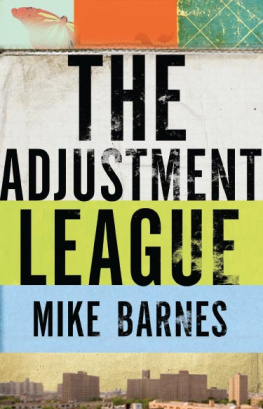
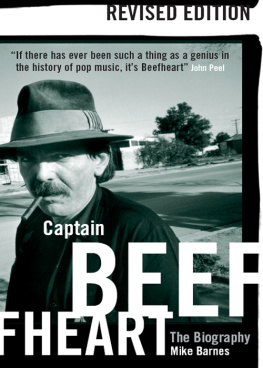
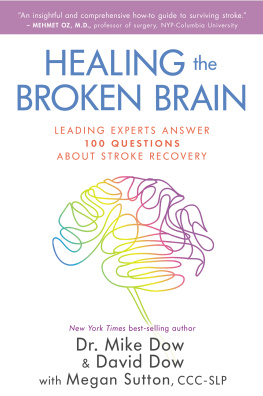
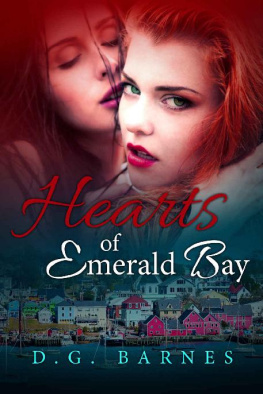
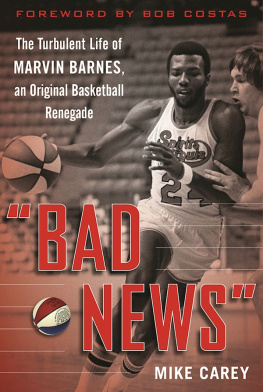
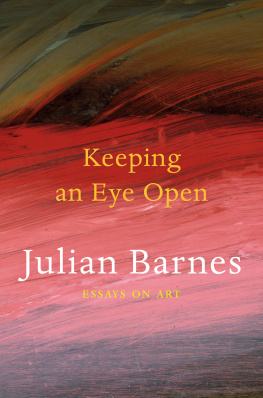
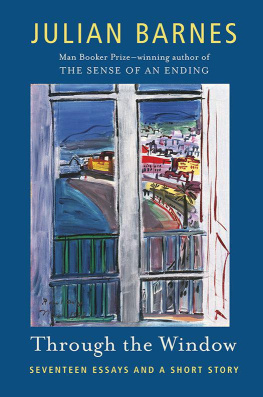
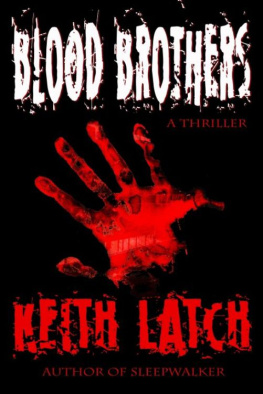



 The paper used in this publication meets the requirements of the American National Standard for Information SciencesPermanence of Paper for Printed Library Materials, ANSI Z39.48-1992.
The paper used in this publication meets the requirements of the American National Standard for Information SciencesPermanence of Paper for Printed Library Materials, ANSI Z39.48-1992.